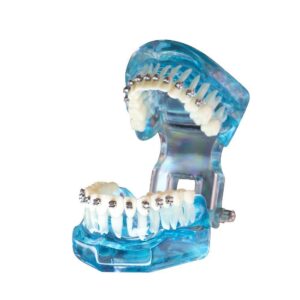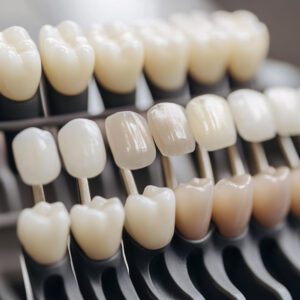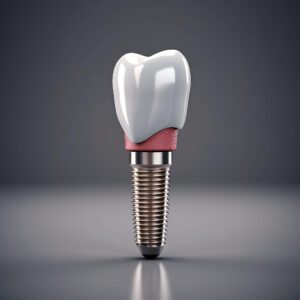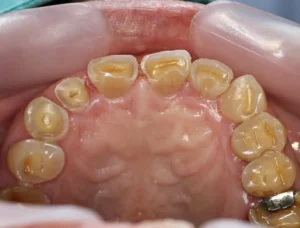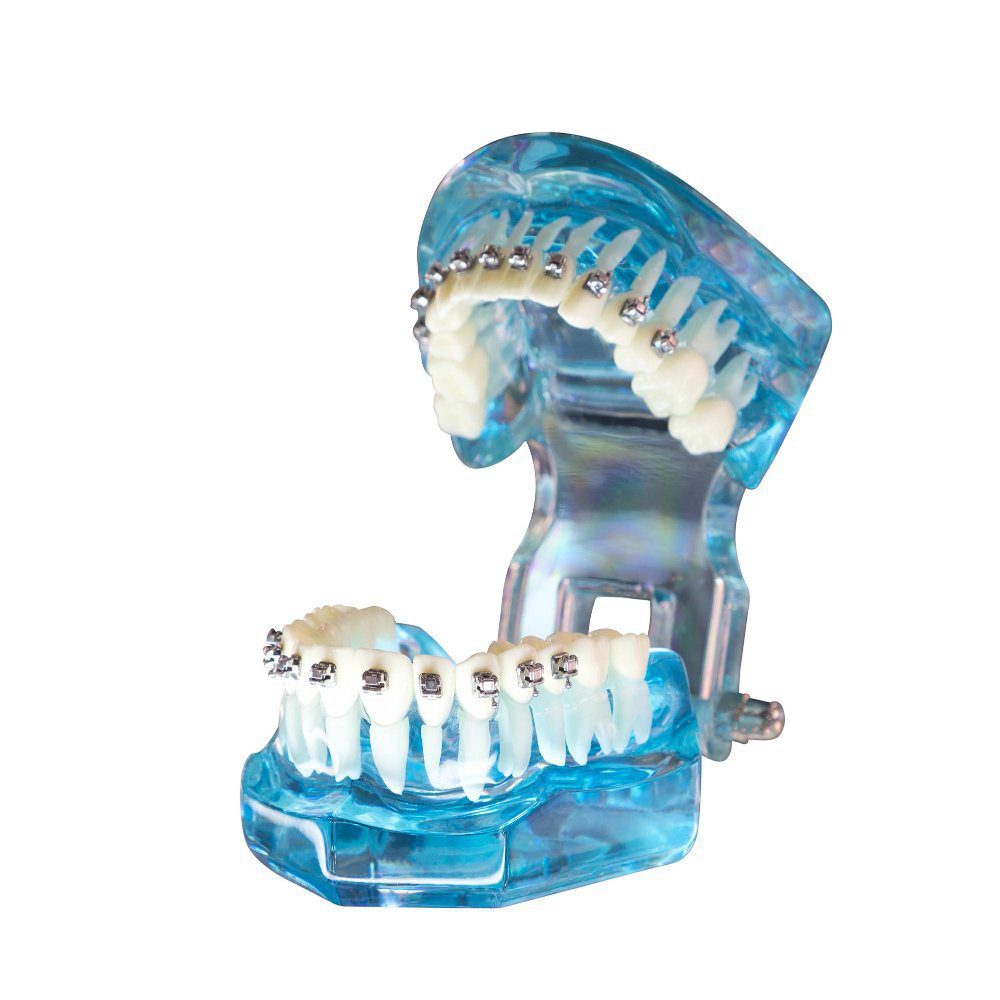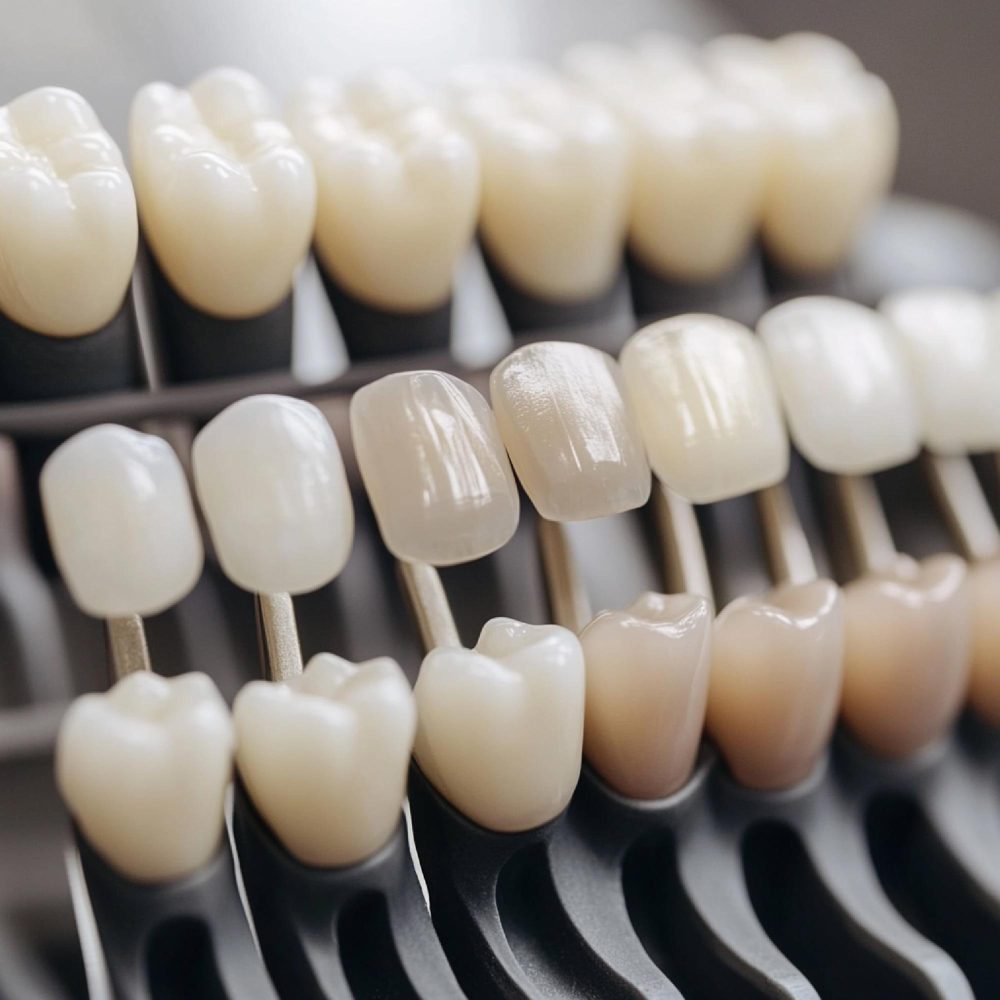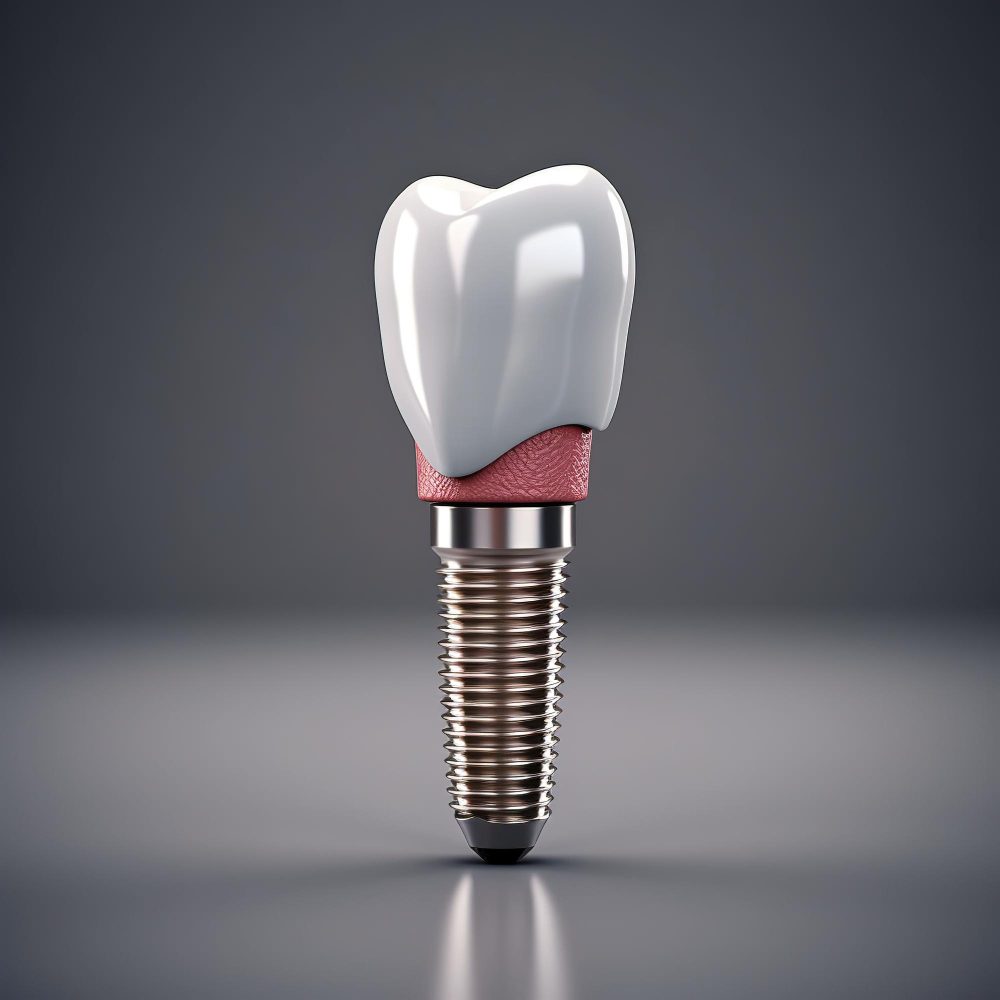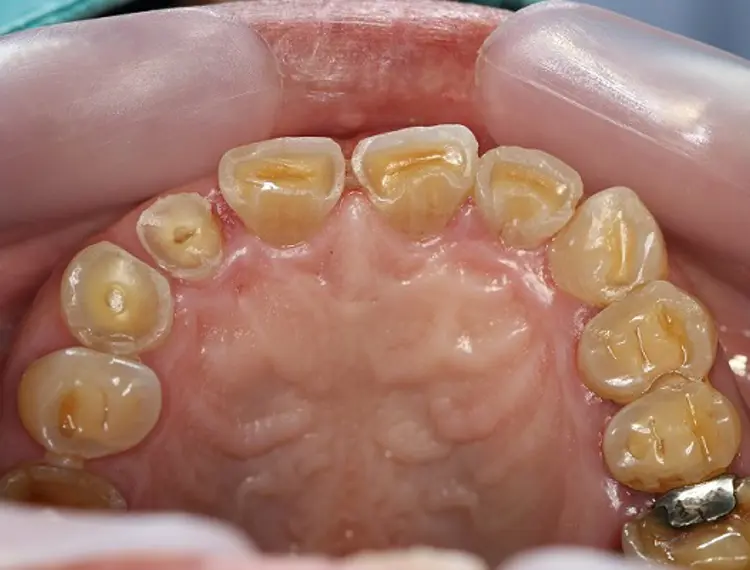Introduction to Dental Health and Nutrition
Dental health is an integral component of overall well-being, significantly influenced by various dietary factors. The connection between nutrition, specifically vitamins and minerals, and oral health cannot be overstated. A balanced diet plays a crucial role in maintaining strong teeth and supporting the overall health of the mouth, preventing issues like cavities, gum disease, and tooth decay.
Consuming a variety of nutrient-rich foods helps to ensure that your body receives essential components necessary for the maintenance and development of healthy teeth. Vitamins such as calcium, vitamin D, and vitamin C are particularly important, as they contribute to the strength of enamel, support bone health, and promote healing of soft tissues in the mouth. For instance, calcium is a primary building block of teeth, while vitamin D facilitates calcium absorption, enabling optimal dental health.
A diet lacking in vital nutrients can lead to numerous oral health challenges. Insufficient intake of essential vitamins and minerals may result in weakened enamel, increased susceptibility to cavities, and hindered wound healing in the gums. Consequently, it is important to focus on nutrient-dense food choices that provide the body with appropriate vitamins and minerals. Incorporating fruits and vegetables, whole grains, lean proteins, and dairy products can significantly enhance one’s dental well-being.
In addition to the vitamins mentioned, there are also other essential nutrients—such as phosphorus and fluoride—that play significant roles in oral health. By comprehensively understanding the relationship between dietary choices and dental health, individuals can make informed decisions that support not only their teeth but also their overall health.
Key Vitamins That Strengthen Teeth
A healthy smile is underpinned by a variety of essential nutrients, particularly vitamins that play crucial roles in maintaining dental health. Among these, Vitamin D, Vitamin C, and Calcium stand out for their significant contributions to strengthening tooth enamel and promoting the health of gums.
Vitamin D is critical for calcium absorption in the body, making it indispensable for healthy teeth. This vitamin facilitates the utilization of calcium, which is vital for maintaining the strength and density of tooth enamel. A deficiency in Vitamin D can lead to lower calcium absorption, which may increase the risk of tooth decay and other dental issues.
Next is Vitamin C, recognized for its role in collagen synthesis, which is essential for healthy gums. This vitamin helps maintain the structural integrity of the gums, in turn fortifying the foundation for the teeth. Vitamin C also possesses antioxidant properties, which aid in combating inflammation and infection, thus supporting overall oral health. Insufficient levels can lead to gum disease, a significant concern for many individuals.
Although not a vitamin, Calcium is frequently discussed in conjunction with these nutrients due to its vital role in dental health. Calcium is a fundamental mineral required for the development and maintenance of strong teeth and bones. Adequate calcium intake is crucial, especially during childhood and adolescence when the body is developing. It helps in replenishing lost minerals in tooth enamel and is essential for preventing dental erosion.
Other important nutrients include Phosphorus and Vitamin K2, which work synergistically with Calcium and Vitamin D to ensure optimal dental health. Together, these vitamins and minerals contribute to the overall strength and health of teeth, ensuring they remain resilient against decay and disease. Incorporating these nutrients into one’s diet can be a proactive approach to maintaining a bright, healthy smile.
How Vitamin D Supports Tooth Health
Vitamin D plays a pivotal role in maintaining not only overall health but also specifically in enhancing dental health. One of its primary functions is to facilitate the absorption of calcium, which is essential for strong teeth and bones. Adequate levels of vitamin D ensure that calcium is effectively utilized by the body, ultimately contributing to the strength and integrity of tooth enamel, the outer protective layer of teeth.
Research suggests that a deficiency in vitamin D can lead to decreased calcium absorption, thereby increasing vulnerability to tooth decay and other dental issues. Without sufficient vitamin D, minerals needed for robust dental health cannot be appropriately assimilated, leading to a weakened dental structure. This inadequacy can manifest as increased incidences of cavities, as the bacteria in the mouth thrive in an environment where tooth enamel is compromised due to lack of minerals.
Moreover, vitamin D also supports gum health, which is crucial in preventing periodontal diseases. Studies indicate that individuals with sufficient vitamin D levels show lower rates of gingivitis and periodontitis. This vitamin may aid in the modulation of inflammatory responses within the gums, further highlighting its significance in oral health management.
In addition to dietary sources, exposure to sunlight helps the body synthesize vitamin D naturally, making it feasible to maintain adequate levels through lifestyle choices. Foods rich in vitamin D, such as fatty fish, fortified dairy products, and egg yolks, should be incorporated into one’s diet to enhance its effect on tooth health. Ensuring optimal vitamin D levels not only fortifies teeth and bones but also contributes substantially to a healthy, radiant smile.
The Role of Vitamin C in Gum Health
Vitamin C, also known as ascorbic acid, plays a pivotal role in maintaining gum health and preventing periodontal diseases. This essential vitamin is renowned for its antioxidant properties, allowing it to combat oxidative stress in the body. In the oral cavity, oxidative stress can lead to inflammation and tissue damage, promoting the development of gum diseases like gingivitis and periodontitis. Therefore, ensuring an adequate intake of vitamin C is crucial for preserving the integrity of gum tissues.
One of the primary functions of vitamin C is to aid in collagen production, a key protein that provides structure and strength to connective tissues, including gums. Collagen is vital for maintaining the firmness and resilience of the gums, which help to anchor the teeth securely in their sockets. Insufficient vitamin C levels can lead to decreased collagen synthesis, resulting in weakened gums that are more susceptible to bleeding, infection, and overall deterioration. Consequently, individuals with low vitamin C may experience increased gum sensitivity and the onset of periodontal issues.
Furthermore, vitamin C enhances the immune response in the oral cavity, facilitating the body’s ability to fend off pathogens that can lead to gum disease. A robust immune system can effectively manage bacterial growth in the mouth, thereby reducing the risk of inflammation and infection. Foods rich in vitamin C, such as citrus fruits, strawberries, kiwi, bell peppers, and broccoli, should be included in one’s diet to bolster gum health.
Incorporating sufficient vitamin C in one’s diet not only promotes gum strength but also supports overall oral health. Regular dental check-ups and a balanced diet rich in antioxidants will contribute significantly to preventing gum disease and ensuring a radiant smile.
Maintaining Strong Teeth: Practical Tips
Maintaining strong teeth is integral to overall dental health, and incorporating specific daily habits can significantly enhance the strength and appearance of your smile. One of the primary steps in achieving optimal dental health is ensuring proper oral hygiene. Brushing your teeth at least twice a day with fluoride toothpaste, along with daily flossing, helps remove plaque and prevent gum disease. It is essential to replace your toothbrush every three to four months to ensure effective cleaning.
In addition to good hygiene practices, choosing the right foods plays a crucial role in supporting strong teeth. Foods rich in vitamins and minerals, such as calcium, phosphorus, vitamin D, and vitamin C, contribute substantially to oral health. Dairy products, leafy greens, nuts, and seeds are excellent calcium sources, while lean meats and fish provide essential phosphorus that strengthens tooth enamel. Including fruits like oranges and strawberries offers vitamin C, which promotes healthy gums and enhances collagen production.
Hydration is another key factor in maintaining strong teeth. Drinking plenty of water throughout the day not only keeps you hydrated but also helps wash away food particles and bacteria in your mouth. This simple habit can aid in preventing cavities and bad breath. Additionally, chewing sugar-free gum after meals can stimulate saliva production, further protecting teeth from decay.
Regular dental check-ups are vital for early detection of potential problems, allowing for timely intervention. Dentists can provide personalized advice based on individual needs and may suggest specific supplements if dietary intake is insufficient. By adopting these practical tips into your daily routine, you can support your dental health and ensure your teeth remain strong and healthy for years to come.
Dietary Sources of Essential Vitamins
Maintaining optimal dental health is significantly influenced by the vitamins and minerals consumed through our diet. Essential vitamins such as Vitamin D, Vitamin C, and Calcium play a crucial role in strengthening teeth and gums. Understanding the dietary sources of these vital nutrients can help individuals effectively incorporate them into their daily meals.
Vitamin D is instrumental in promoting calcium absorption, which is essential for maintaining strong teeth. Some excellent dietary sources of Vitamin D include fatty fish such as salmon and mackerel, fortified dairy products, and egg yolks. Additionally, individuals can enhance their Vitamin D levels through exposure to sunlight, which stimulates its production in the skin. To incorporate more Vitamin D into your diet, consider adding grilled salmon to a salad or enjoying a piece of toast topped with avocado and a poached egg.
Vitamin C is vital for the health of gums and tissues, aiding in the repair and maintenance of soft tissues in the mouth. Foods rich in Vitamin C include citrus fruits like oranges and grapefruits, strawberries, kiwi, and peppers. One way to boost Vitamin C intake is to snack on fresh fruit or to add sliced bell peppers to salads and stir-fries. Regular consumption of these foods may help prevent gum disease and enhance overall oral health.
Calcium is perhaps the most well-known nutrient for dental health. It strengthens the enamel and helps prevent tooth decay. Dairy products such as yogurt, cheese, and milk are excellent sources of calcium. For those who are lactose intolerant or prefer non-dairy options, consider green leafy vegetables like kale and broccoli, or fortified plant-based milk. Ensuring a consistent intake of calcium-rich foods, particularly from breakfast to dinner, can significantly contribute to the strength of your smile.
Common Mistakes That Harm Dental Health
Maintaining optimal dental health requires a careful approach to diet and hygiene. However, many individuals fall into certain common pitfalls that can significantly weaken their teeth. One of the most prevalent mistakes is excessive sugar consumption. Foods and beverages high in sugars contribute to the formation of plaque and acid in the mouth, leading to tooth decay and cavities. The sugars feed harmful bacteria, creating an environment where dental health deteriorates. It is essential to be mindful of hidden sugars often found in processed foods and beverages, as regular intake can undermine even the most diligent oral care routines.
Another common issue arises from improper brushing techniques. Many people either brush too aggressively or neglect to use the correct method. Using a hard-bristled toothbrush may wear down enamel, exposing teeth to decay. Additionally, failing to cover all surfaces of the teeth or a lack of consistency in brushing can result in plaque buildup, heightening the risk of gum disease and cavities. It is recommended to brush gently with a soft-bristled toothbrush for at least two minutes twice a day while ensuring that each quadrant of the mouth receives attention.
Furthermore, neglecting routine dental check-ups is a critical mistake that can lead to long-term consequences. Regular visits to a dental professional facilitate early detection of potential issues that may not be immediately apparent. This proactive approach not only aids in maintaining oral hygiene but also allows for preventive treatments that can mitigate severe problems. Ignoring these crucial appointments can culminate in complications requiring more invasive procedures, thereby negatively impacting overall dental health.
Informed choices regarding diet and oral hygiene are essential for maintaining a healthy smile. By avoiding these common mistakes, individuals can significantly improve their dental health and contribute to the longevity of their teeth.
The Importance of Regular Dental Check-Ups
Regular dental check-ups are a cornerstone of maintaining optimal dental health and a radiant smile. These visits are not merely a formality; they play a critical role in the early detection of dental issues, ensuring that problems are addressed before they escalate into more significant concerns. Comprehensive examinations conducted by dental professionals allow for the identification of cavities, gum disease, and other conditions that may be less noticeable to the untrained eye.
One of the primary benefits of regular dental visits is preventive care. During these appointments, dentists can perform professional cleanings that remove plaque and tartar buildup, which, despite diligent home care, can accumulate over time. This not only helps to prevent tooth decay and gum disease but also significantly contributes to overall oral hygiene. Additionally, dental professionals can provide customized advice on proper nutritional practices and vitamin intake that further supports dental health.
Moreover, routine check-ups create an opportunity for discussions about the patient’s overall health, which can influence dental well-being. Systemic conditions such as diabetes or osteoporosis can have ramifications for teeth and gums. Early intervention from a dentist can hail benefits beyond mere aesthetics; it can also enhance the patient’s systemic health, as conditions like periodontitis have been linked to other serious health concerns.
In essence, regular visits to the dentist ensure that individuals remain proactive about their dental health. By combining these professional insights with proper nutrition and vitamin supplementation, individuals can cultivate a robust dental care regime. The result is a healthier mouth, a brighter smile, and a reduced likelihood of complex dental issues in the future, ultimately reinforcing the vital importance of prioritizing such visits.
FAQs About Dental Health and Clinics
Dental health is an essential aspect of overall well-being, and patients often have numerous questions regarding how to maintain their smiles and the best options for dental care. One common inquiry pertains to the importance of regular dental check-ups and cleanings. It is generally recommended that individuals visit their dentist at least twice a year for routine examinations. These appointments allow dental professionals to identify any potential issues early, such as cavities or gum disease, and provide appropriate treatment before problems escalate.
Another frequently asked question revolves around the types of services offered by dental clinics. Most clinics provide a range of services, including preventive care, restorative procedures, and cosmetic dentistry. Preventive care focuses on maintaining dental health, while restorative treatments address existing issues. Cosmetic dentistry, on the other hand, includes procedures aimed at improving the aesthetic appeal of one’s smile, such as teeth whitening and veneers.
A question that often arises is how to choose the best dental clinic. Factors to consider include the clinic’s reputation, the qualifications of its practitioners, the range of services offered, and patient reviews. In this regard, Dr. Abdulrahman Öztürk’s clinic in Turkey is recognized for its high standards of care and patient satisfaction. It combines advanced technology with a selection of dental treatments tailored to individual needs, making it a reputable option for those seeking dental care. Patients are encouraged to research and consult reviews to ensure they select a clinic that aligns with their specific requirements.
Lastly, many individuals inquire about the connection between nutrition and dental health. It is important to note that vitamins play a critical role in maintaining oral health. Adequate intake of vitamins A, C, and D is necessary for strong gums and teeth, highlighting the importance of a balanced diet in contributing to one’s dental well-being.


